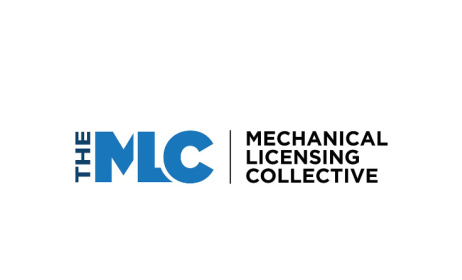CISAC: Article 13 rejection a loss for creators
Members of the European Parliament yesterday rejected copyright legislation that some saw as a threat to Internet freedom while others maintained that its adoption would help content creators earn more revenue.
 European Parliament President Antonio Tajani.
European Parliament President Antonio Tajani.
Some 318 members of Parliament voted against the law, 278 voted in favour and 21 abstained. The move was seen as a victory for those who believe the directive could have had far reaching implications such as restrictions on information sharing.
At the centre of the controversial law is Article 13, which called for online services such as YouTube and Facebook to create automated copyright filters that would scan all user-generated content. The law would have protected music creators from copyright infringement in terms of covers and unauthorised usage of their works.
World Wide Web creator Tim Berners-Lee and Wikimedia co-founder Jimmy Wales were among the signatories of an open letter to European Parliament president Antonio Tajani, which criticised the proposed law as having the capacity to promote censorship and play a big-brother role.
“Article 13 takes an unprecedented step towards the transformation of the Internet from an open platform for sharing and innovation, into a tool for the automated surveillance and control of its users,” the letter said.
Another criticism was that the technology used to monitor content could not do so infallibly. An analysis of Article 13 by the Max Planck Institute for Innovation and Competition in Munich, Germany, reads: “Content recognition technology and procedures enable abuse because it does not necessarily have to be right-holders requesting the service providers to remove content. Competitors, for example, could also do this.”
But the International Confederation of Societies of Authors and Composers (CISAC) called yesterday’s vote “a missed opportunity”, arguing that the legislation would have resolved a major flaw in the digital market.
“Today is a great disappointment for millions of creators who have campaigned for years for the right to fair treatment and fair payment from giant Internet platforms,” CISAC president Jean-Michel Jarre said.
“It is incredibly disappointing that, having been ferociously lobbied by opponents using false arguments, the European Parliament has stopped short of supporting the fair rights of creators. Our fight will go on, for the future of our culture and for a fair, modern well-regulated Internet.”
Article 13 will now be reviewed before it goes back to the European Parliament for a second vote on 10 September.



































Comments
Log in or register to post comments